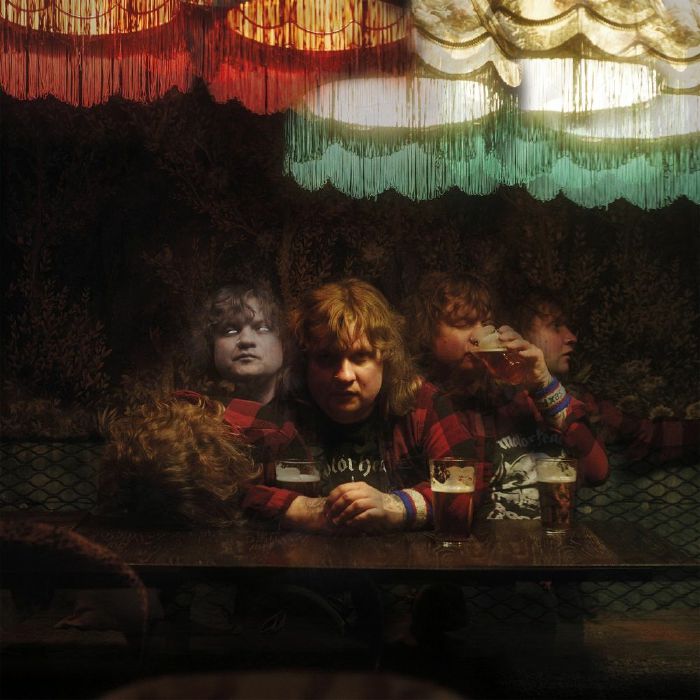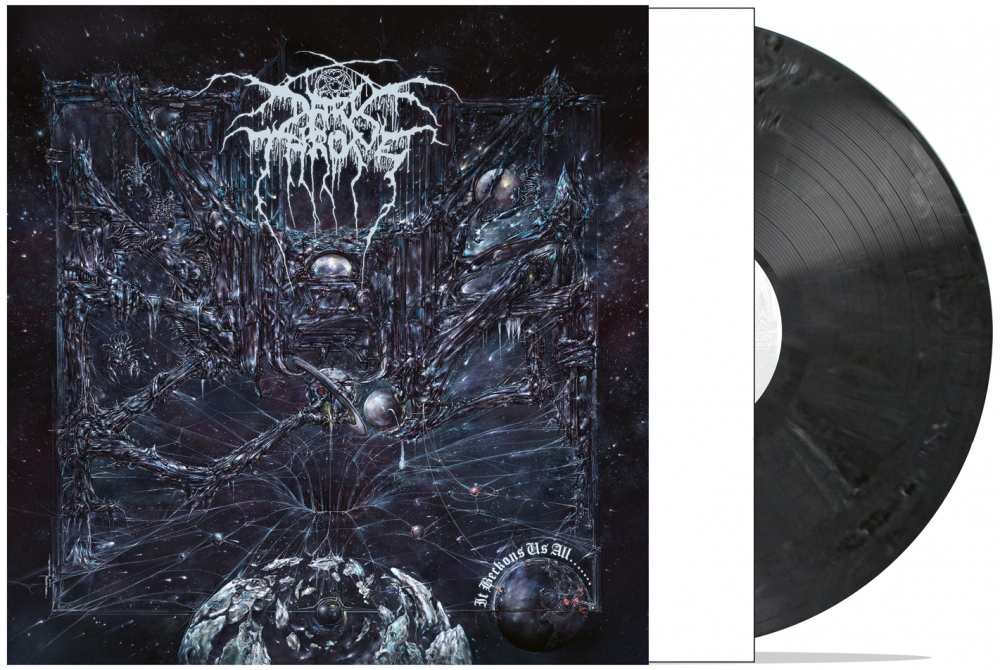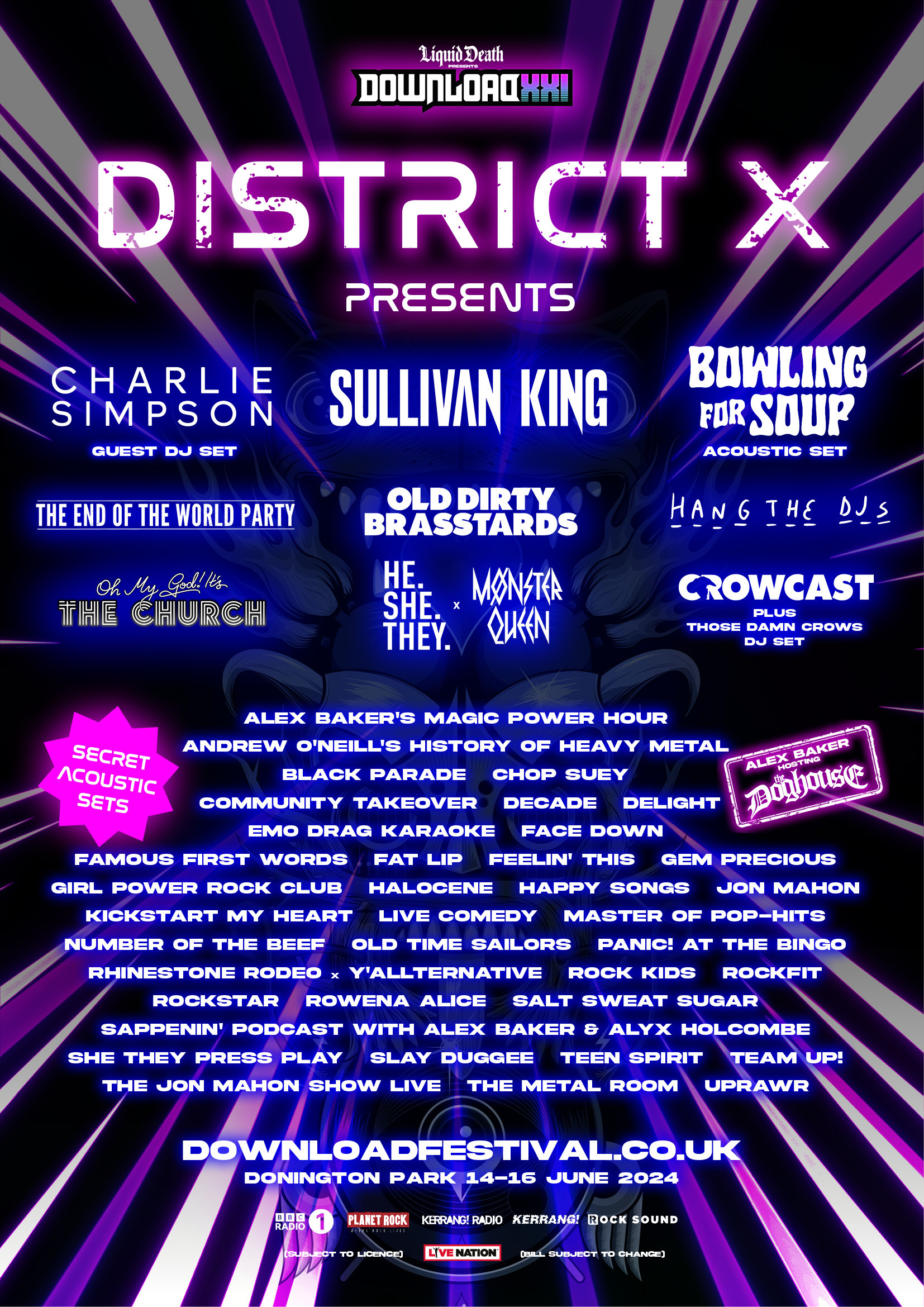
Neurosis have been steadily reissuing their back catalogue for some time now, remastering the audio and redeveloping the artwork to the extent to which the age of the title makes this desirable. In the case of older catalogue titles, this process has been rendered all the more necessary by the difficulty of finding the originals, but for followers of the band, the entire collection has been worth tracking down thanks to the stunning amount of effort that has gone into the new artwork – here handled by Aaron Turner – and the sensitivity of the remastering. Although only recorded in 2003, the band’s decision to record at home using Pro Tools makes the decision to remaster the audio more logical than most, with the band making use of modern technology (particular in digital to analogue conversion) to bring out the best in the recording. The results are not unlike scraping a fine layer of dirt off a painting to find that, while the original image is unchanged, it is brighter and more vibrant than previously.
The album itself remains a curio in Neurosis’ substantial and ever-evolving back catalogue. Far from a simple guest appearance, Jarboe’s presence drives the band and vice versa, as the two artistic entities collide with results that are often spectacular. Working in isolation from one another, in order to maintain the integrity of their own ideas, the music ebbs and flows with cinematic scope, electronic elements stuttering amidst the tribal assault of a band whose crushing intensity echoes without directly referencing Swans’ coruscating output.
Even sixteen years on, the album’s opener, within, sounds utterly devastating. The rolling thunder of the tribal percussion may hark back to through silver in blood, but the dizzying synth patches and Jarboe’s part-whispered performance take the track in an entirely different direction, somewhere alien and unforgiving. As Jarboe drawls “if God wants to take me, he will”, the listener is reminded of the way that visionary filmmakers such as David Lynch and Oliver Stone (circa Natural Born Killers) are able to film the most mundane of backdrops and still make them appear strange and unfamiliar. In the same way, this collaboration takes familiar aspects of both artists’ work and sends them spinning off in new directions. It is an immense opener, one that passes quickly, and segues neatly into the eerie ambience of his last words, a piece of music that takes two minutes to emerge from a cocoon of static, the band’s raw, metallic approach layered under shimmering filters and sparkling reverb. Jarboe’s voice here, more familiar to those who followed World of Skin, croons and floats as the band slowly build to a towering wall of noise that, in the final minute of the piece, adopts the form of an unholy mantra, astringent guitars scarring the surface of robotic voices and bowel-churning drones. In contrast, a simple guitar figure announces the industrial hell of taker, a deeply disturbing piece of music based around a mechanistic loop rendered all the more sinister by the edge of threat that remains in Jarboe’s superficially calm delivery. Haunting and tormented, taker threatens to drain the listener and its follow up; the gentle, beautiful receive; provides some much-needed respite from the wild furies that surround it, even if a hint of pulsing sub-bass means that a sense of threat is never far away.
A strange, off-kilter guitar opens the gargantuan erase, recalling the anything-goes mentality of the No Wave scene as Jarboe delivers a tough-as-nails performance that taps into the wildcat energy of early Patti Smith and Kim Gordon, her vocals given additional bite by a fine layer of grain that sparks in the darkness of the doom-laden riffs that abound. With a mid-section that only adds to the threat as a subtle, menacing bassline builds a sense of impending dread, erase is a truly harrowing listen, that sees Jarboe at her most mercurial. Based around a john Carpenter-esque synth squelch, Cringe is filmic in delivery, the increasing use of effects conjuring an eerie atmosphere that is part Merzbow, part Massive Attack in its unnerving ambience. Silky and serpentine, Jarboe’s vocals coil around the increasingly weird guitar sounds employed by the band, always leading the listener further away from the cold light of day to a different realm altogether. A barrage of percussion opens up the droning, fever-dream of In harm’s way, a track that adopts the Swans’ technique of repeat and augment, slowly building to a towering riff before slowly fading down to nothing. The hulking seizure closes the album, mixing stuttering noise and dark, neo-folk to mesmerising effect. A piece the opens upon a note of arcane beauty, seizure neatly draws the many threads of this remarkable collaboration together and puts the album to rest on a reflective note that ushers the listener back to reality via Jarboe’s mantra of “try to remember everything that’s lost.”
Neurosis and Jarboe is a remarkable meeting of minds and what strikes most throughout the album is just how willing both parties were to learn from one another with the result that the record sounds quite unlike anything either party had contemplated before, yet without any sense of compromise. With its stunning new artwork and a remarkable restoration job, courtesy of Bob Weston, this is an essential purchase for fans of either artist and a remarkable piece of art that sounds quite unlike anything released before or since. 9










Leave a Reply